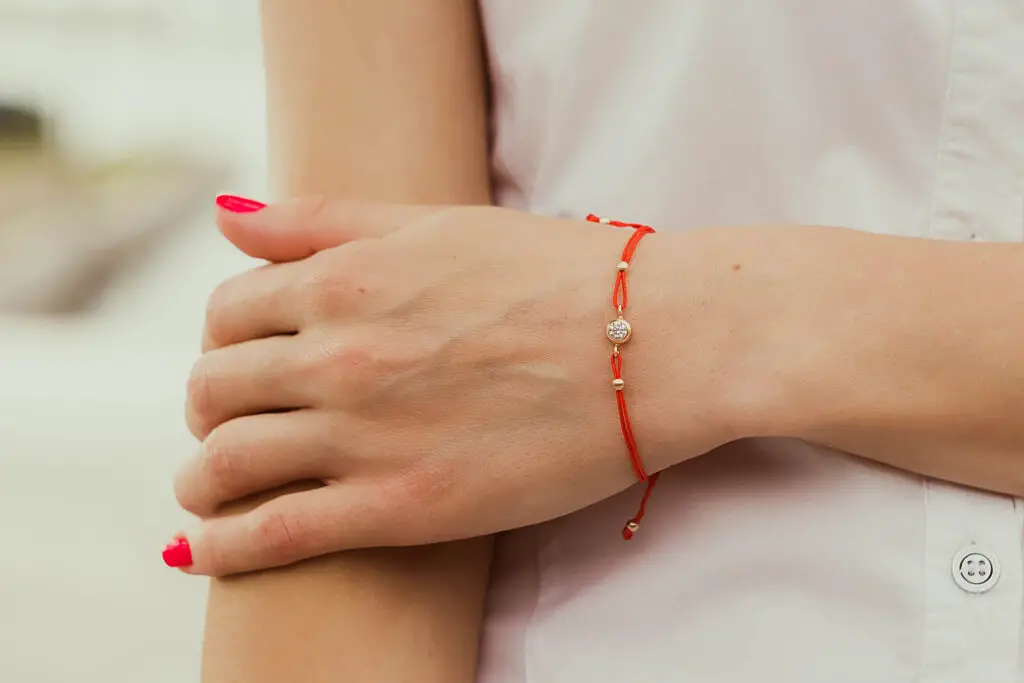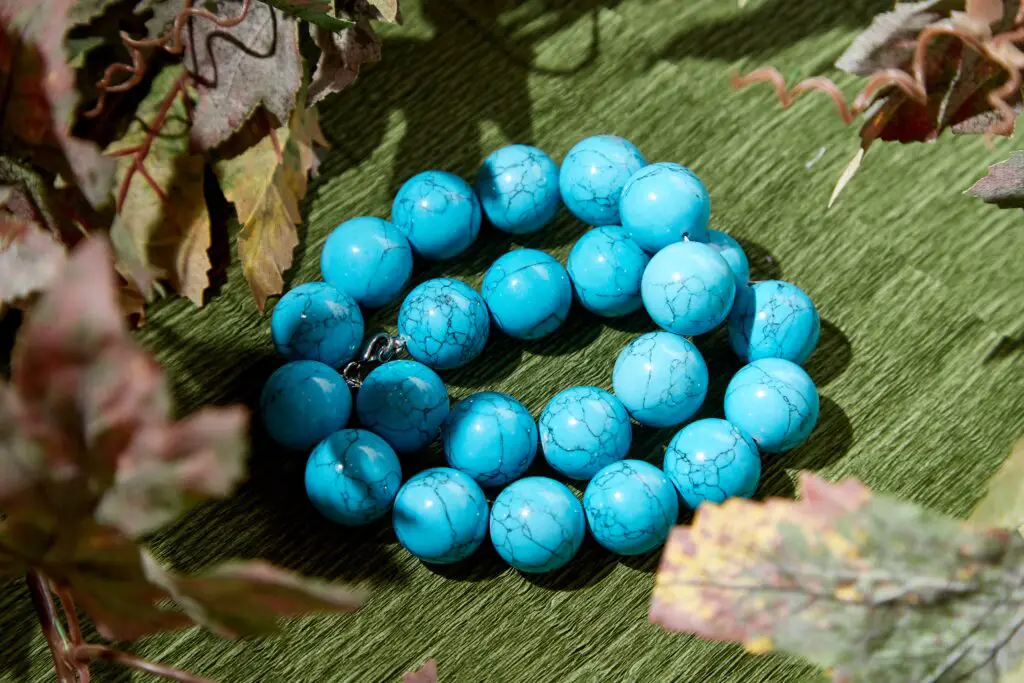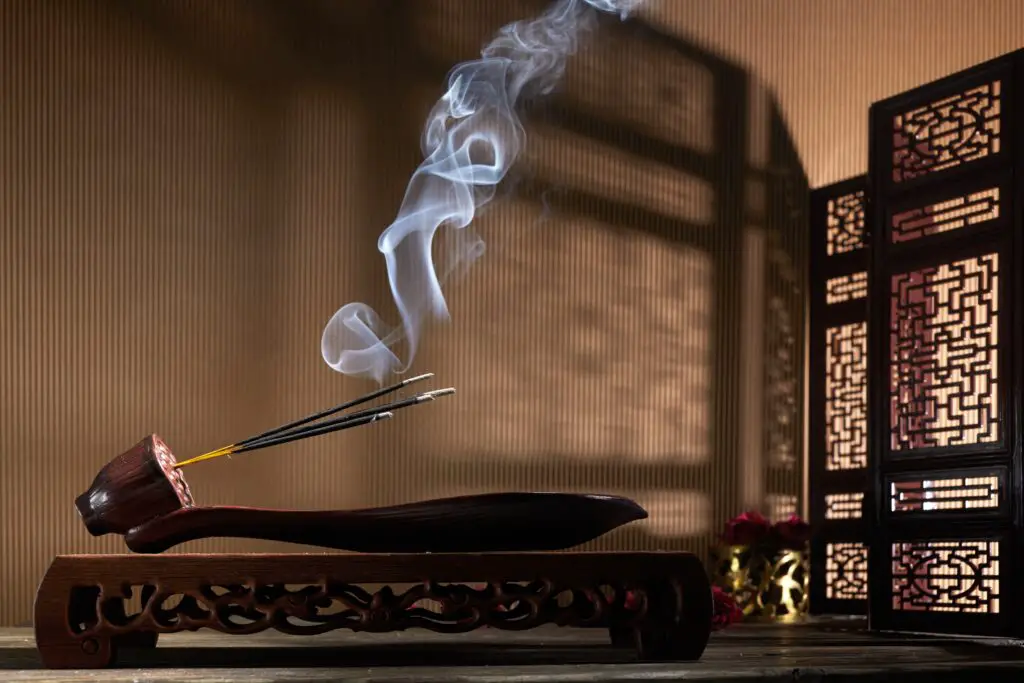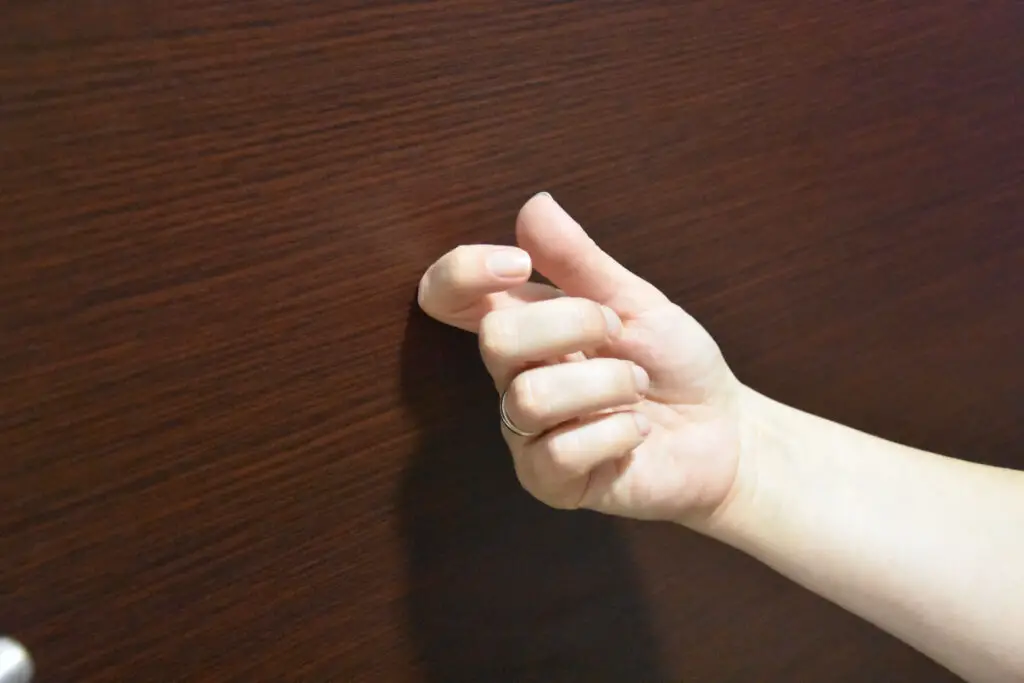1. Spitting Three Times in Greece

If you ever tell someone in Greece about something bad that happened, don’t be surprised if they respond by pretending to spit at you. It’s not an insult—it’s actually a sign they’re trying to protect you. Greeks believe that spitting wards off evil spirits or bad luck, especially when talking about illness or tragedy. Some even spit at weddings or baptisms to keep bad energy away from the happy occasion shares the Greek Herald.
Traditionally, people would spit directly, but nowadays it’s usually just a symbolic “ftou ftou ftou.” It might sound odd to outsiders, but it’s deeply ingrained in Greek superstition. The idea is that evil spirits hate anything gross, and spitting is just the trick. So next time someone gives you a fake spit, just say thank you explains the Matador Network.
2. Hanging Onions on Doors in Bulgaria

In parts of Bulgaria, especially around the New Year, families hang onions over their front doors. It’s not because they forgot to put them away after cooking, but because they believe onions absorb negative energy. The practice dates back centuries and is thought to predict prosperity for the coming year. A healthy onion means good things are on the way says WWLP.
Some households even assign names to onions to forecast who will have a lucky year. If your onion stays firm and fresh the longest, you’re in for smooth sailing. It’s a quirky blend of folk magic and agriculture, all rolled into one. And hey, it probably keeps vampires away too, just in case adds TODAY.
3. Carrying Chili and Lime in India

In India, it’s common to see a string of green chilies and a lime hanging outside homes, shops, and even cars. This combo is believed to keep the evil eye at bay and protect against misfortune. The idea is that the spicy heat of the chilies and the sourness of the lime drive away negative energies. It’s an old tradition that still thrives in many regions today.
Vendors even sell these little bundles on the street so people can replace them weekly. If one falls to the ground, it’s a sign it’s absorbed something bad and done its job. It might look like a snack to some, but in India, it’s powerful protection. And it’s surprisingly stylish in its own way.
4. Red String Bracelets in Latin America

Many babies in Latin America sport a tiny red bracelet on their wrist. It’s not just a cute accessory, it’s meant to protect them from “mal de ojo,” or the evil eye. The bracelet is usually given by a family member and tied on with love and a quiet prayer. Some versions even include small charms or beads for extra strength.
Adults wear them too, especially during times of change or vulnerability. It’s believed the color red confuses or blinds bad energy. If it falls off on its own, people often say it’s done its job. And you can bet they’ll replace it right away.
5. Wearing Blue Beads in Turkey

In Turkey, one of the most popular charms is the “nazar boncuğu,” a blue and white bead shaped like an eye. You’ll see it everywhere—from rearview mirrors to babies’ clothing to doorways. It’s believed to reflect the evil eye back to the sender, protecting the wearer from jealousy or misfortune. The bead is ancient, but still hugely popular.
If one breaks, Turks often see it as a sign that it shielded you from something harmful. So rather than being upset, they’re grateful and quickly get a new one. It’s not unusual for people to gift these beads at major life events. They’re a little piece of tradition that fits right into modern life.
6. Burning Incense in Vietnam

In Vietnamese culture, burning incense isn’t just a way to honor ancestors, it’s also thought to keep evil away. The fragrant smoke is said to purify the space and act as a bridge to the spirit world. People light incense during holidays, after funerals, or when they feel something is off. It’s a spiritual reset button of sorts.
The number of sticks lit can have different meanings too. Odd numbers are usually for worship, while even numbers might be used in funerals. The ritual itself is quiet and calming, and it’s deeply respected. Just don’t point the incense directly at someone—it’s seen as bad luck.
7. Knocking on Wood in the U.S. and U.K.

You’ve probably heard someone say “knock on wood” after tempting fate, but where does that come from? In the U.S. and U.K., it’s an old superstition that’s stuck around for generations. Some believe it started with ancient tree-worshipping cultures, who thought spirits lived in the wood. By knocking, you were calling on them for protection or to avoid jinxing yourself.
Even if you’re not superstitious, it’s one of those habits that’s hard to shake. Some people even carry wooden trinkets for moments when a surface isn’t handy. It’s funny how something so small can bring a sense of security. But hey, if it helps keep the bad luck away, why not?
8. Breaking Plates in Denmark

At first glance, smashing plates might look like anger, but in Denmark, it’s actually a good thing. On New Year’s Eve, Danes throw plates at the doors of friends and loved ones. The more broken dishes you find at your door, the more popular and lucky you are. It’s a cheerful kind of chaos.
The tradition is believed to ward off evil spirits and bring good luck for the new year. People even save old dishes throughout the year just for this purpose. It’s noisy, a little messy, but full of heart. And you can clean it all up the next day with a smile.
9. Using Mirrors to Reflect Evil in China

In some Chinese traditions, mirrors aren’t just for checking your hair—they’re used to deflect bad energy. Bagua mirrors, which are octagonal with symbols around the edge, are often hung above doors. These mirrors are placed with care, always facing outward to bounce away negative spirits or misfortune. They’re especially common in feng shui practices.
Placing a mirror in the wrong spot can supposedly bring in more harm than good, so it’s taken seriously. Some believe mirrors can trap bad spirits or reflect them back to where they came from. It’s a balance between protection and placement. And when done right, it brings peace to the household.
10. Tossing Water in Serbia

After someone leaves on a journey in Serbia, it’s customary for the family to throw water behind them. It might seem like a random splash, but it’s filled with meaning. Water represents smooth travel, so the hope is the person’s path will be as easy as flowing water. It’s a simple, sweet gesture.
Some people even whisper blessings as they toss it. It’s a way to show care without saying much. No fancy rituals—just a glass of water and a heartfelt wish. And if you’re the one being sent off, it feels oddly comforting.
11. Ringing Bells in Japan

In Japan, bells aren’t just for ceremonies—they’re also used to keep evil spirits away. At temples, worshippers ring a bell before praying to purify themselves and call the attention of the gods. The sound is thought to chase away negative energy and create a sacred space. It’s a calming, almost meditative ritual.
During New Year’s, a special ceremony called Joya no Kane involves ringing a temple bell 108 times. Each chime represents a human sin or worldly desire, and ringing them is a symbolic cleansing. It’s both spiritual and grounding. And the sound lingers in the air, like a protective bubble.
12. Painting Doors Blue in Morocco

In Morocco, especially in the city of Chefchaouen, painting doors and walls blue isn’t just an aesthetic choice. The color blue is believed to ward off evil spirits and bad luck. Some say it represents the sky or heaven, reminding people of peace and divine protection. Others believe it confuses or repels bad energy.
The practice is thought to have Jewish origins, but it’s been embraced widely over the years. Locals repaint their walls regularly to keep the color vibrant and the protection strong. Tourists love the look, but for many residents, it’s a tradition rooted in faith. And it makes the city feel like a dreamscape.
13. Wearing Garlic in Italy

Garlic might make your breath questionable, but in Italy, it’s also believed to protect against evil. Some people hang garlic bulbs over doorways, carry cloves in their pockets, or even wear little garlic-shaped charms. The smell is thought to repel bad spirits and bring health and strength. It’s an old belief, but some still swear by it.
In southern Italy, garlic is also tied to protection from the “malocchio,” or evil eye. Pair it with red horns or coral, and you’ve got a full defense system. Even those who don’t fully believe often follow the ritual just in case. After all, garlic is cheap insurance.
14. Sweeping Feet in Brazil

In Brazil, people get nervous if someone sweeps over their feet with a broom. That seemingly innocent accident is believed to bring bad luck, specifically that the person will never marry. It’s such a widespread belief that people will stop you mid-sweep to avoid the jinx. And if it happens, you’re supposed to spit three times or jump backwards to undo it.
It may sound dramatic, but it’s all part of the fun. The superstition is passed down from older generations and still holds weight for many. So if you’re helping someone clean, watch where you’re aiming. Love might be on the line.
